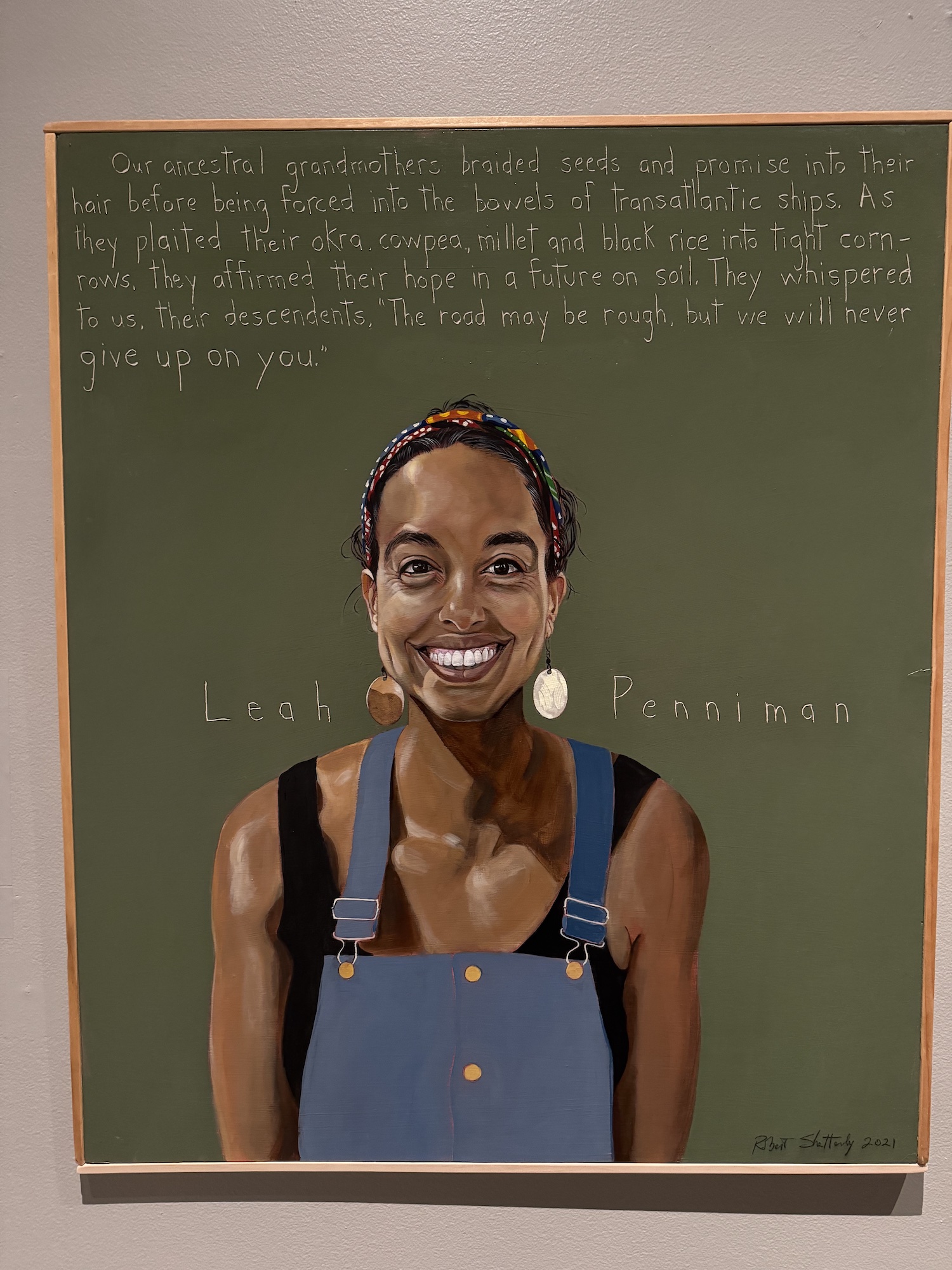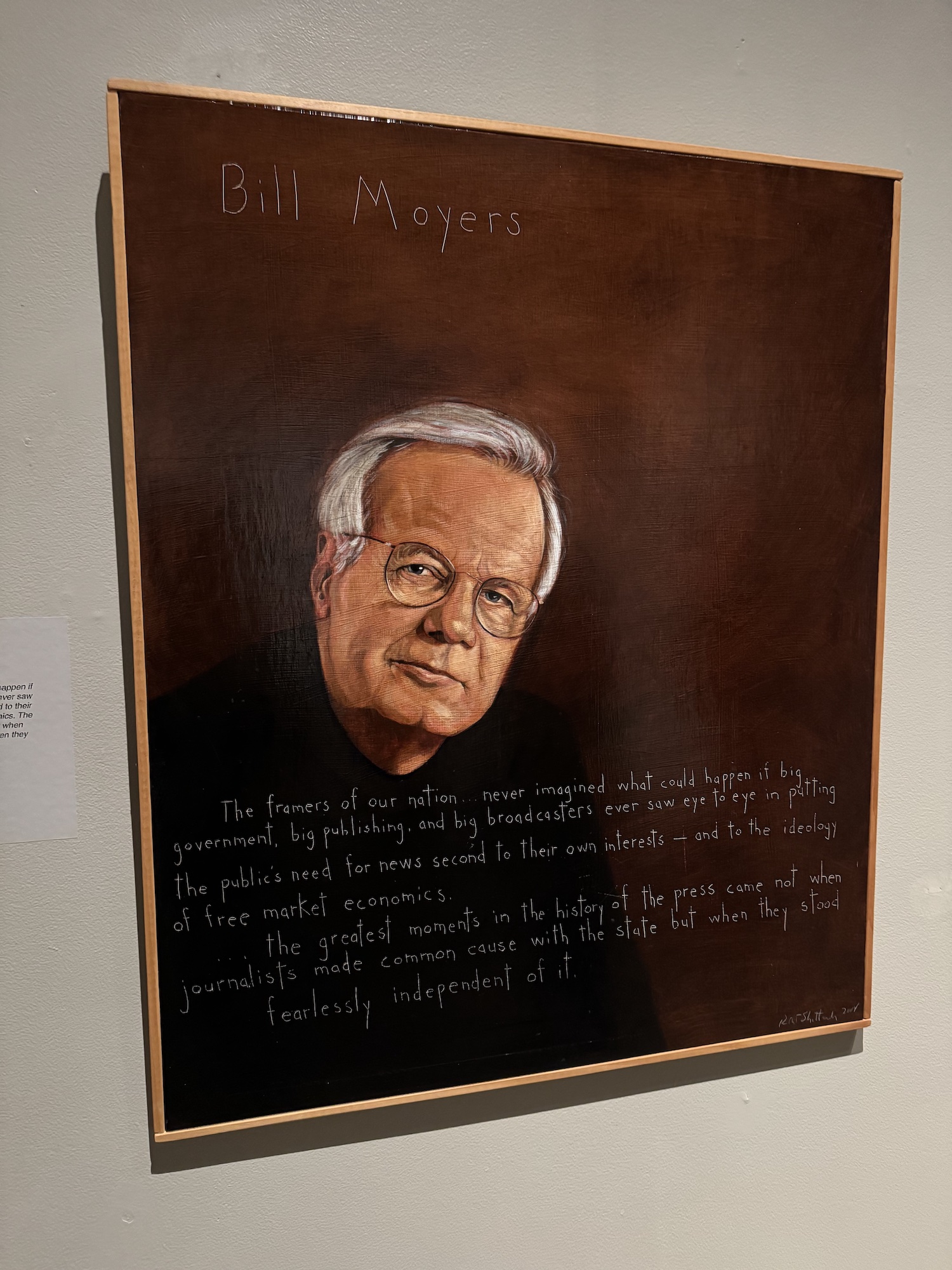I lived in Providence, Rhode Island for six years, four of them as a student at Brown University. To this day, many of my closest friends are those I met at Brown. The campus, and the beautiful neighborhoods around it, remain fresh in my memory. I wasn’t always happy there — I’m not so far gone down a nostalgic rabbit-hole as to make such a claim. I was navigating those perilous years between adolescence and adulthood. I had ups and downs, heartaches and moments of deep joy. But I consider Providence, and College Hill in particular, one of the true homes I’ve had.
The images that poured out of Providence this past Saturday night were shocking and terrifying. Another shooting at another American college. I knew it was possible that Brown would find its way onto that terrible list, along with Virginia Tech and UNC-Charlotte, University of California Santa Barbara and University of Nevada Las Vegas, Michigan State and Florida State and Kentucky State, University of Virginia and Northern Arizona University, and more, and more, and more, but I always hoped my alma mater would somehow be immune. To be honest, though, I worried more about the university where Nancy taught and worked. I worried about that nearly every day. It’s a terrible thing to live in a country where these fears are present all the time, in every corner of the nation. That is the price we pay for an ill-advised Constitutional Amendment written two hundred and forty years ago that has been selectively misinterpreted throughout its history and exploited again and again by a billion-dollar firearms industry.
Hours after the shooting at Brown, another shooting, this one targeting a Hanukkah celebration at Bondi Beach in Sydney, Australia left more than fifteen dead and dozens more wounded. I’ve been to Bondi Beach. We lived in Australia for a year when the girls were young and Nancy was on sabbatical. And this weekend, we began lighting our menorah to celebrate Hanukkah. The tragedies in Providence and Sydney have struck far, far too close to home.
I know that gun rights activists here in the U.S. will point to the events in Sydney as proof that strict gun controls don’t work as a deterrent to gun violence. This is a little like pointing to a single car wreck in which a seat-belted driver dies as evidence that seat belt laws don’t save lives. Yes, Australia has firearms control in place, and yes people were shot and killed there anyway. The difference, as one observer pointed out over the weekend, is that the shooting in Australia was the worst in that country in close to 30 years. The shooting at Brown was the worst in the U.S. in the past two weeks…. Gun deaths in the U.S. are twelve times more common than they are in Australia. Twelve times. And yes, that’s calculated on a per capita basis. The raw numbers are far, far more stunning. In 2023, 31 Australians were victims of gun-related homicides. In the U.S., the number was 17,927. Add in gun-related suicides and accidents, and in 2023 the U.S. had nearly 47,000 gun deaths. That is insanity.

This is not the first post of this sort I have written. Not even close. And I am depressingly certain that it won’t be the last. The solution is as obvious as it is unattainable. I don’t believe that Americans are born with a greater proclivity for violence than are the Australians, or the English, or the French, or the Spanish, or the Italians, or the Swedes, or the Finns, or the Danes, or the Dutch, or the Kiwis, etc., etc., etc. I do believe that we live in a culture that promotes gun violence, and I know that the availability of guns in this country — there are enough privately owned guns in the U.S. to arm every adult and child in the country and still have enough to also arm all the people in Japan — feeds our obscene rate of gun violence.
But nearly every Republican member of the House and Senate, and a substantial number of the Democrats as well, are beholden to the gun industry and pro-firearms lobbying groups. The Second Amendment isn’t going the way of Prohibition any time soon. Which means the killings will continue, feckless politicians will offer meaningless “thoughts and prayers,” and yet another generation of children will grow up being tutored in “live shooter” protocols and shelter-in-place procedures. The specter of gun violence will haunt them throughout elementary, middle, and high school. And yes, it will follow them when they go to college. The happiest years of their lives? Good lord, I hope not.
Stay safe. Hug the people you love.












 Last weekend, at ConCarolinas, I was honored with the Polaris Award, which is given each year by the folks at Falstaff Books to a professional who has served the community and industry by mentoring young writers (young career-wise, not necessarily age-wise). I was humbled and deeply grateful. And later, it occurred to me that early in my career, I would probably have preferred a “more prestigious” award that somehow, subjectively, declared my latest novel or story “the best.” Not now. Not with this. I was, essentially, being recognized for being a good person, someone who takes time to help others. What could possibly be better than that?
Last weekend, at ConCarolinas, I was honored with the Polaris Award, which is given each year by the folks at Falstaff Books to a professional who has served the community and industry by mentoring young writers (young career-wise, not necessarily age-wise). I was humbled and deeply grateful. And later, it occurred to me that early in my career, I would probably have preferred a “more prestigious” award that somehow, subjectively, declared my latest novel or story “the best.” Not now. Not with this. I was, essentially, being recognized for being a good person, someone who takes time to help others. What could possibly be better than that? Yet, the figures who fascinated me most during our afternoon at the museum were those of whom I’d known nothing — not even their names — before seeing the exhibit. One of them was Leah Penniman, a food justice advocate and activist whose portrait exudes warmth and joy. Her quote is wonderful and worth repeating in full:
Yet, the figures who fascinated me most during our afternoon at the museum were those of whom I’d known nothing — not even their names — before seeing the exhibit. One of them was Leah Penniman, a food justice advocate and activist whose portrait exudes warmth and joy. Her quote is wonderful and worth repeating in full: Another was Grace Lee Boggs, an author and community organizer, who gazes out from her portrait appearing tough, frank, unwilling to put up with any BS. Her quote:
Another was Grace Lee Boggs, an author and community organizer, who gazes out from her portrait appearing tough, frank, unwilling to put up with any BS. Her quote: One of my favorite portraits was of a media hero of mine, PBS’s Bill Moyers. I will leave it to him to have the last word:
One of my favorite portraits was of a media hero of mine, PBS’s Bill Moyers. I will leave it to him to have the last word:
 This [see the photo above] will soon be our new home. It is in New York’s Hudson Valley, near Albany, on six-plus acres of beautiful land, complete with gardens, fruit trees, and a small pond. More important, it is maybe twenty minutes from my brother and sister-in-law, is equally close to one of my dearest friends and his partner, and is within easy drives of many other friends and family.
This [see the photo above] will soon be our new home. It is in New York’s Hudson Valley, near Albany, on six-plus acres of beautiful land, complete with gardens, fruit trees, and a small pond. More important, it is maybe twenty minutes from my brother and sister-in-law, is equally close to one of my dearest friends and his partner, and is within easy drives of many other friends and family.